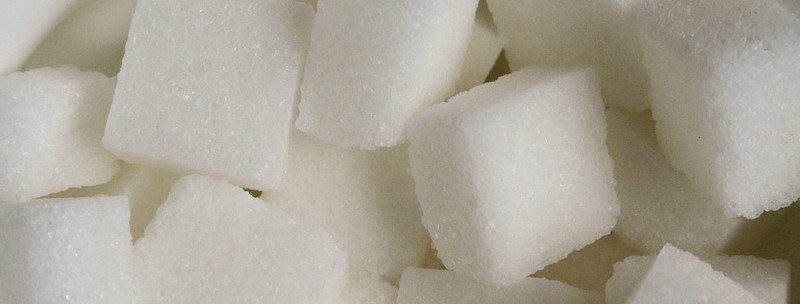Professors find that sugar substance ‘kills’ good cholesterol
Scientists at the University of Warwick have discovered that ‘good’ cholesterol is turned ‘bad’ by a sugar-derived substance.
The scientists found that Methylglyoxal (MG) damaged ‘good’ cholesterol, High Density Lipoprotein (HDL), which removes excess ‘bad’ cholesterol from the body.
The Warwick researchers identified that MG destabilises HDL causing it to lose the necessary properties which protect against heart disease. Low levels of HDL are closely linked to heart disease.
HDL damaged by MG is rapidly cleared from the blood, reducing its HDL content, or remains within the plasma having lost its beneficial function.
The research, published in Nutrition and Diabetes, was supported by funding from the British Heart Foundation (BHF).
Lead researcher Dr Naila Rabbani, of the Warwick Medical School, said: “MG damage to HDL is a new and likely important cause of low and dysfunctional HDL, and could count for up to a nine percent risk of heart disease.”
Although low levels of HDL cannot currently be reversed, Dr Rabbani and her team argue that the findings have provided new potential strategies for reducing MG levels.
Dr Rabbani remarked: “By understanding how MG damages HDL we can now focus on developing drugs that reduce the concentration of MG in the blood.
“We could now develop new food supplements that decrease MG by increasing the amount of a protein called glyoxalase 1, or Glo 1, which converts MG to harmless substances.”
She added: “This means that in the future we can have both new drugs and new foods that can help prevent and correct low HDL, all through the control of MG.”
The study was funded by Dr Shannon Amoils, a senior researcher advisor at the BHF. Dr Amoils stated: “This interesting finding adds to evidence that under certain conditions, HDL can be modified so that it loses its heart protective effects.”

Comments